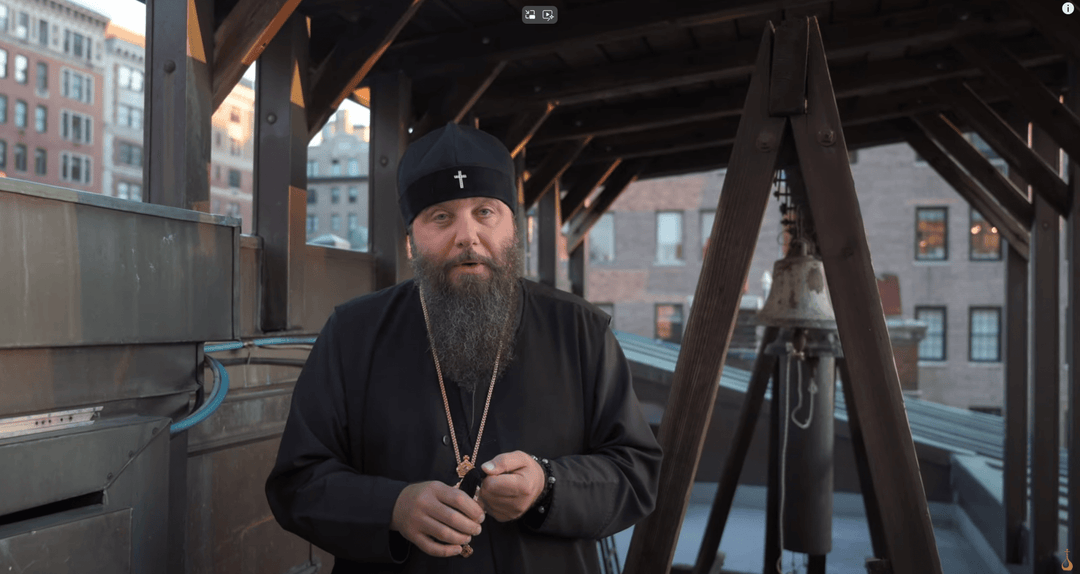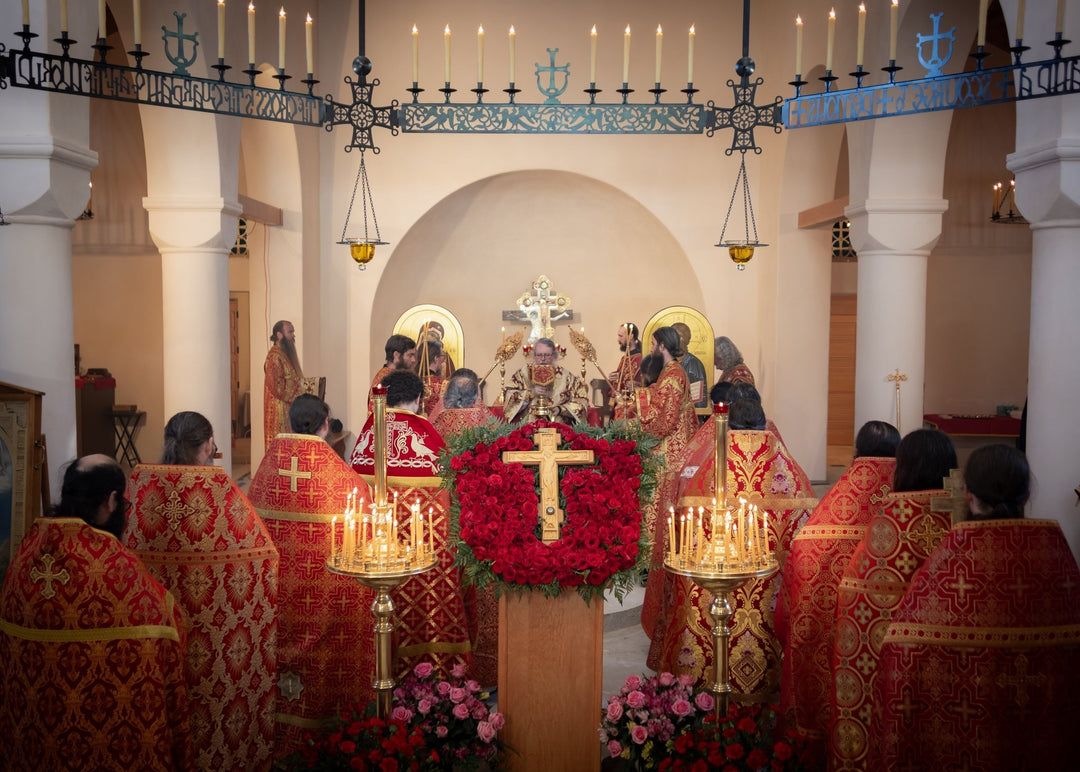Sermons & Homilies

Time impresses itself on our attention most frequently when we realize that it will come to an end. At these moments, what comes to the fore is the vanity of much of what we do, the pettiness of our likes and dislikes, and the impermanence of all that we hold dear. It motivates us to change, to become better, to live our life differently. Yet, this surge of enthusiasm wears off. How is it that a near-death experience, a bout with cancer, or the loss of a loved one draws us into such an atmosphere without our consent, the value of which is evident to us but seems so fleeting as time moves on and we become forgetful of those moments?
Continue reading
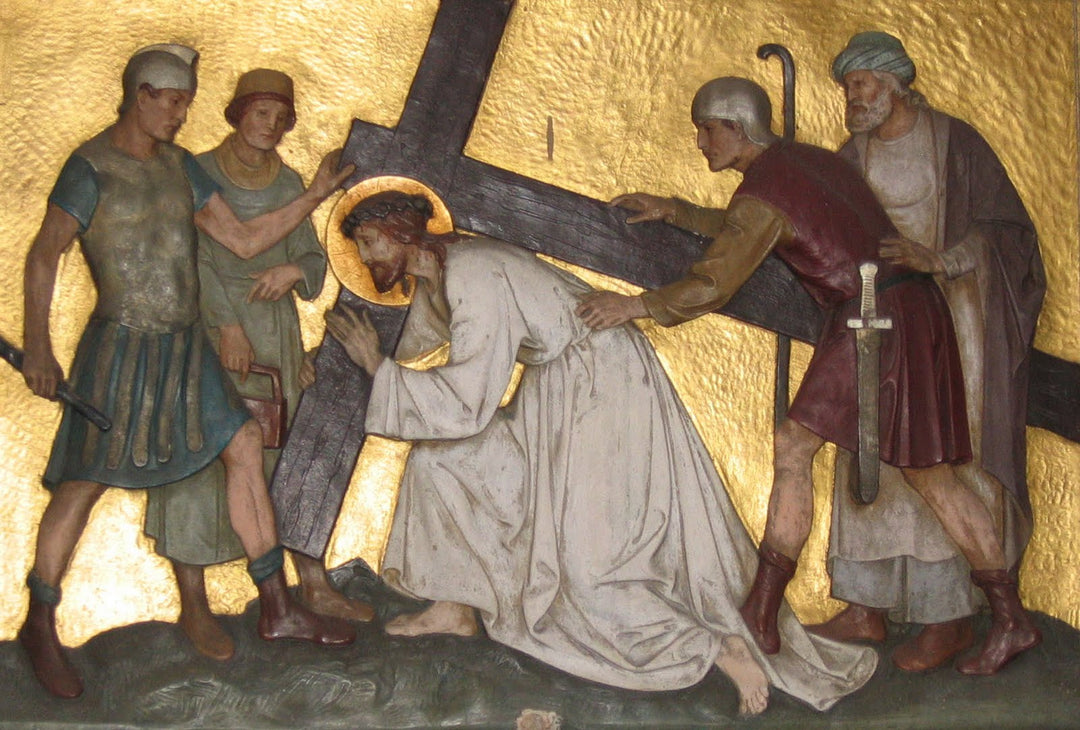
In today’s Gospel passage, we hear the greatest definition of the Christian life ever given by anyone. One of Jewish lawyers asked our Lord: “Teacher, which is the great commandment in the law?” And Jesus replied: “‘You shall love the LORD your God with all your heart, with all your soul, and with all your mind.’ This is the first and great commandment. And the second is like it: ‘You shall love your neighbor as yourself.’ On these two commandments hang all the Law and the Prophets.” St. Augustine later summarized this answer even more succinctly: “Love, and do what you want.”
Continue reading
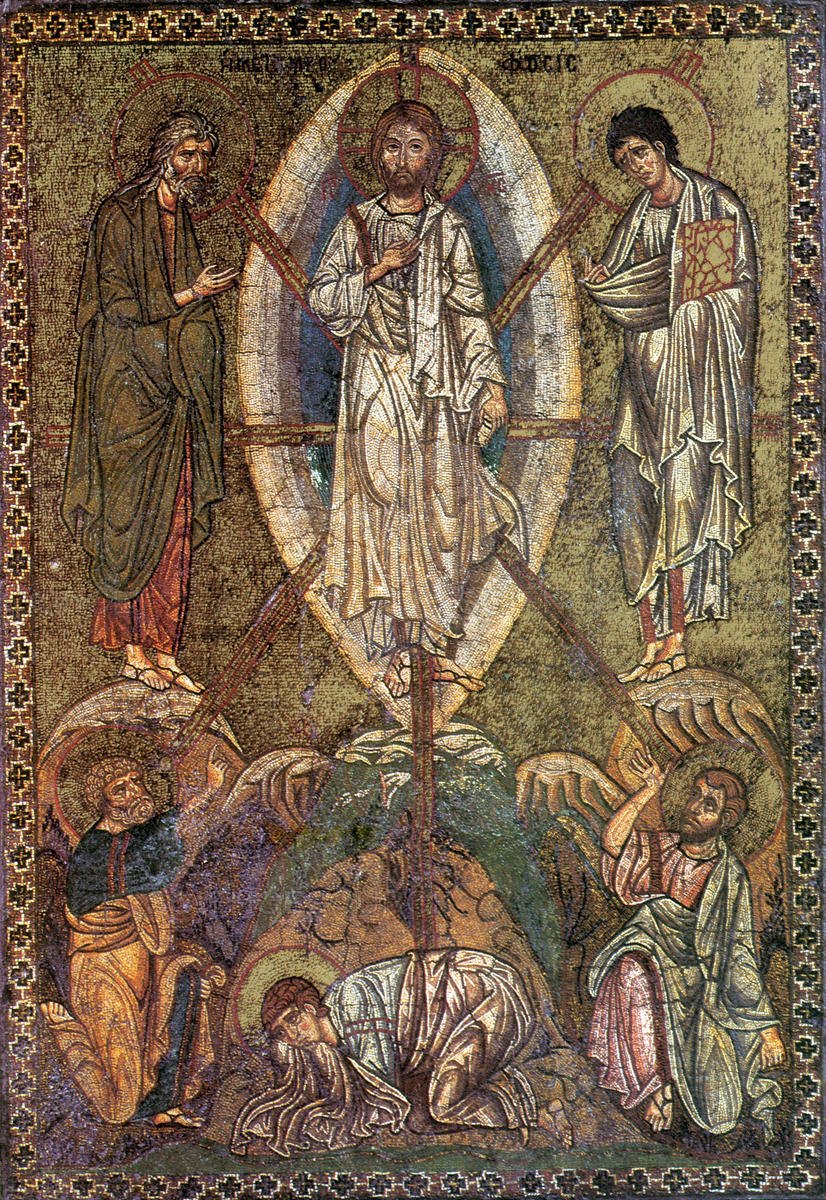
What is distinct about the event of the Transfiguration of Christ is twofold and will be the subject of our homily today: first, it is a revelation about who Christ is, and, secondly, about how we are spiritually transformed.
Continue reading
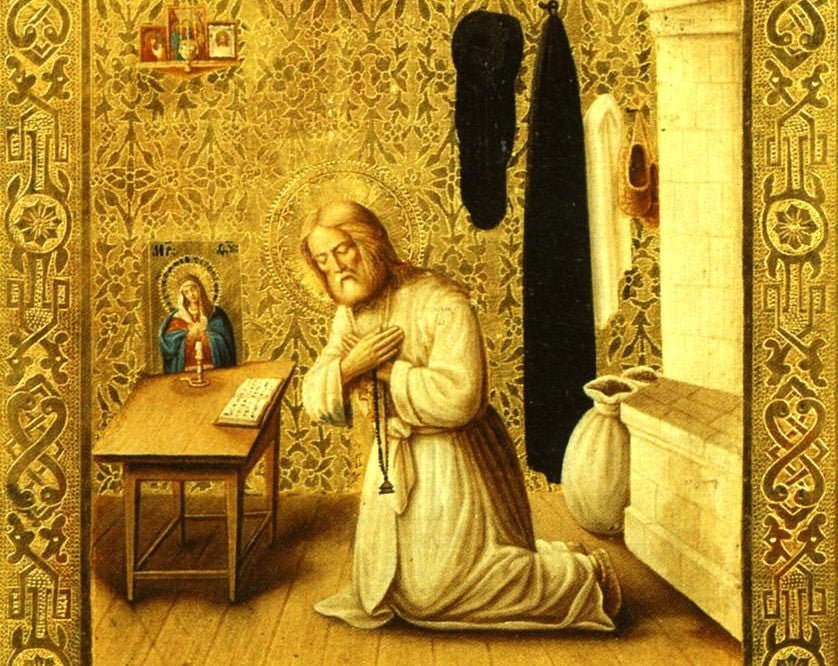
For all Orthodox Christians, and in a special way for us monastics, the goal of our life here on this earth is of course salvation. That is also the goal of all Protestants, Catholics and other serious traditional Christians. But our Orthodox understanding of what salvation means is radically different from other Christians.
Continue reading
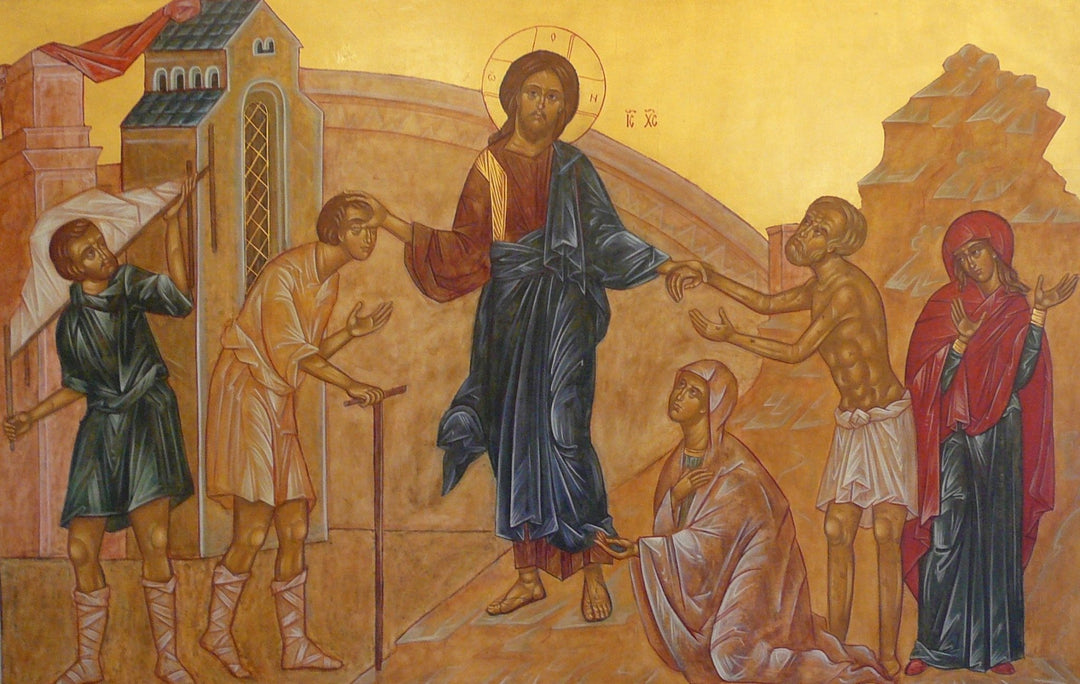
In the Epistle appointed for this Sunday, we hear St. Paul instructing us in a very important truth concerning the Holy Scriptures: “For whatsoever things were written aforetime were written for our learning, that we through patience and comfort of the scriptures might have hope.” Such an understanding of the Scriptures is absolutely foundational to the Christian life: the Divine Scriptures are not merely stories about events that occurred halfway around the world many thousands of years ago, nor are they a collection of abstract and intellectual propositions concerning abstruse systems of theology. No, quite the contrary.
Continue reading





